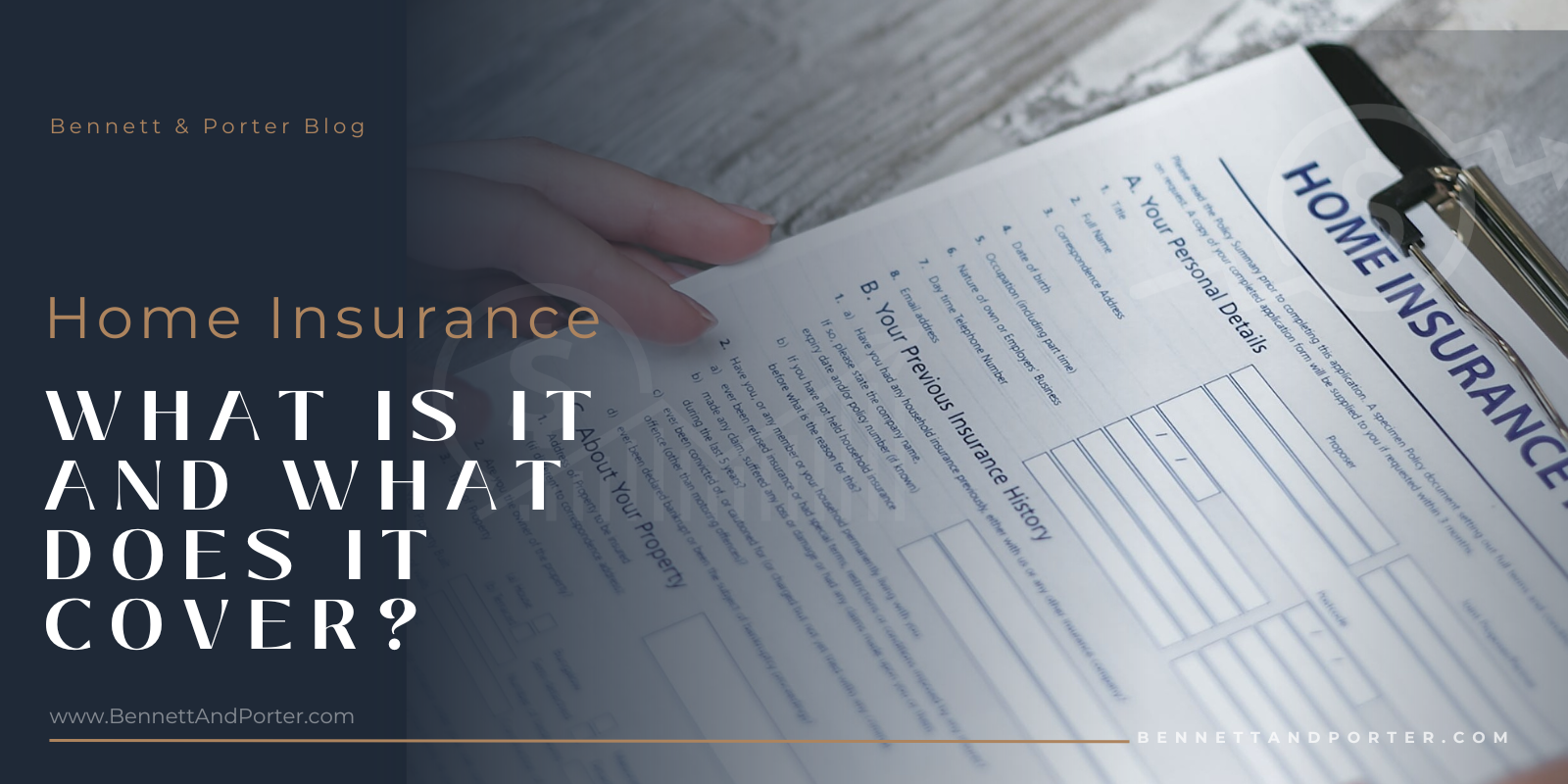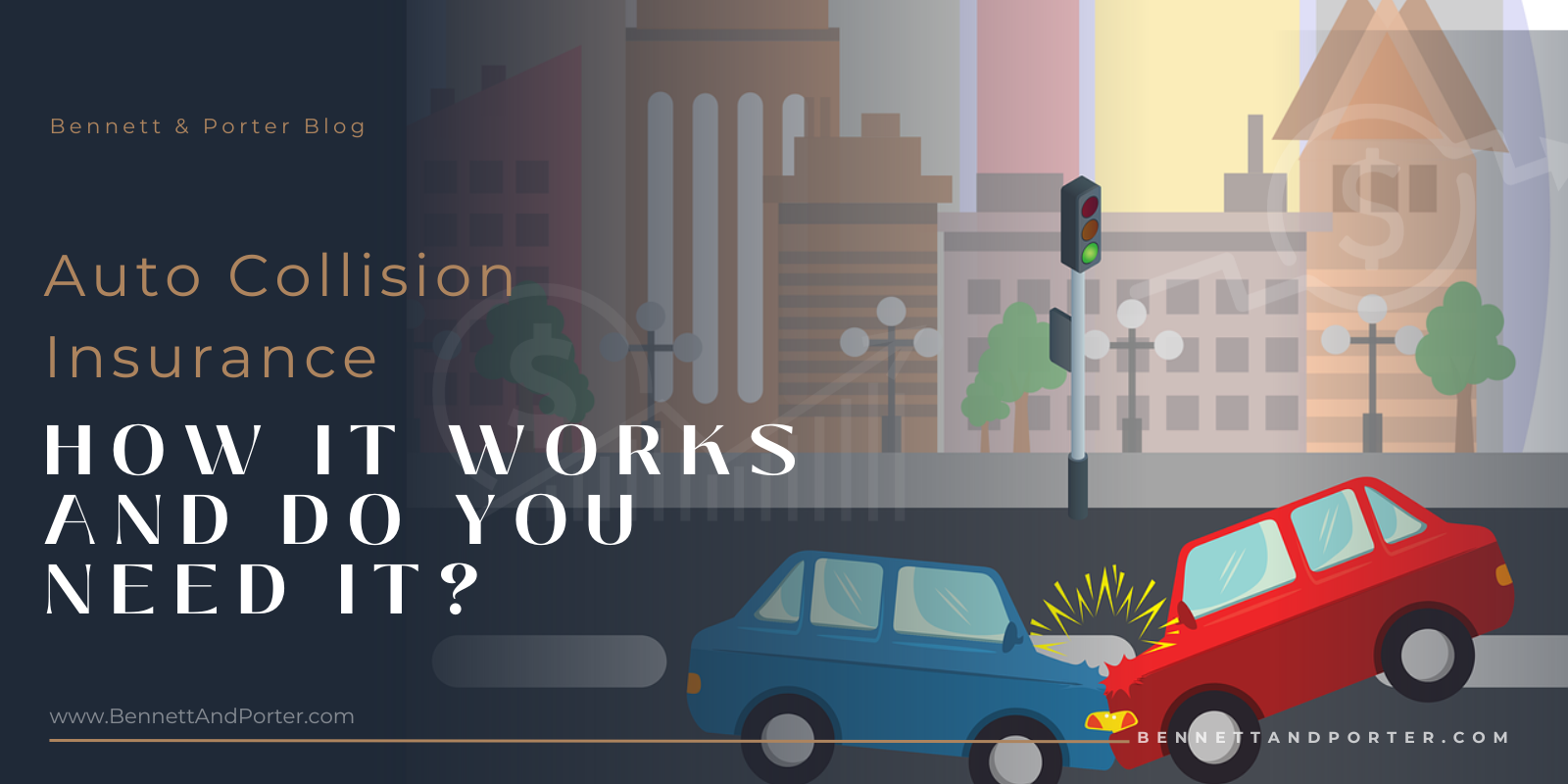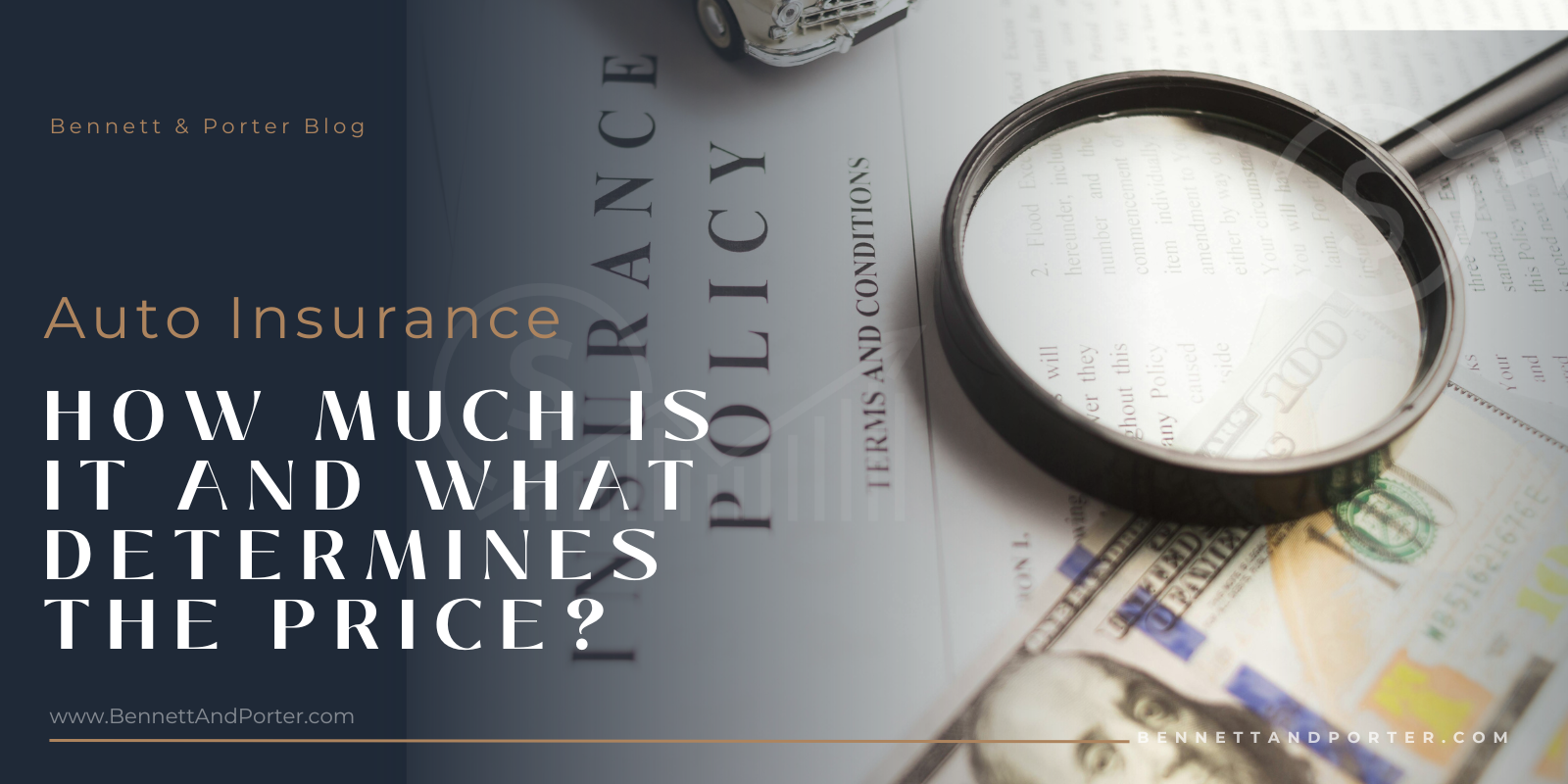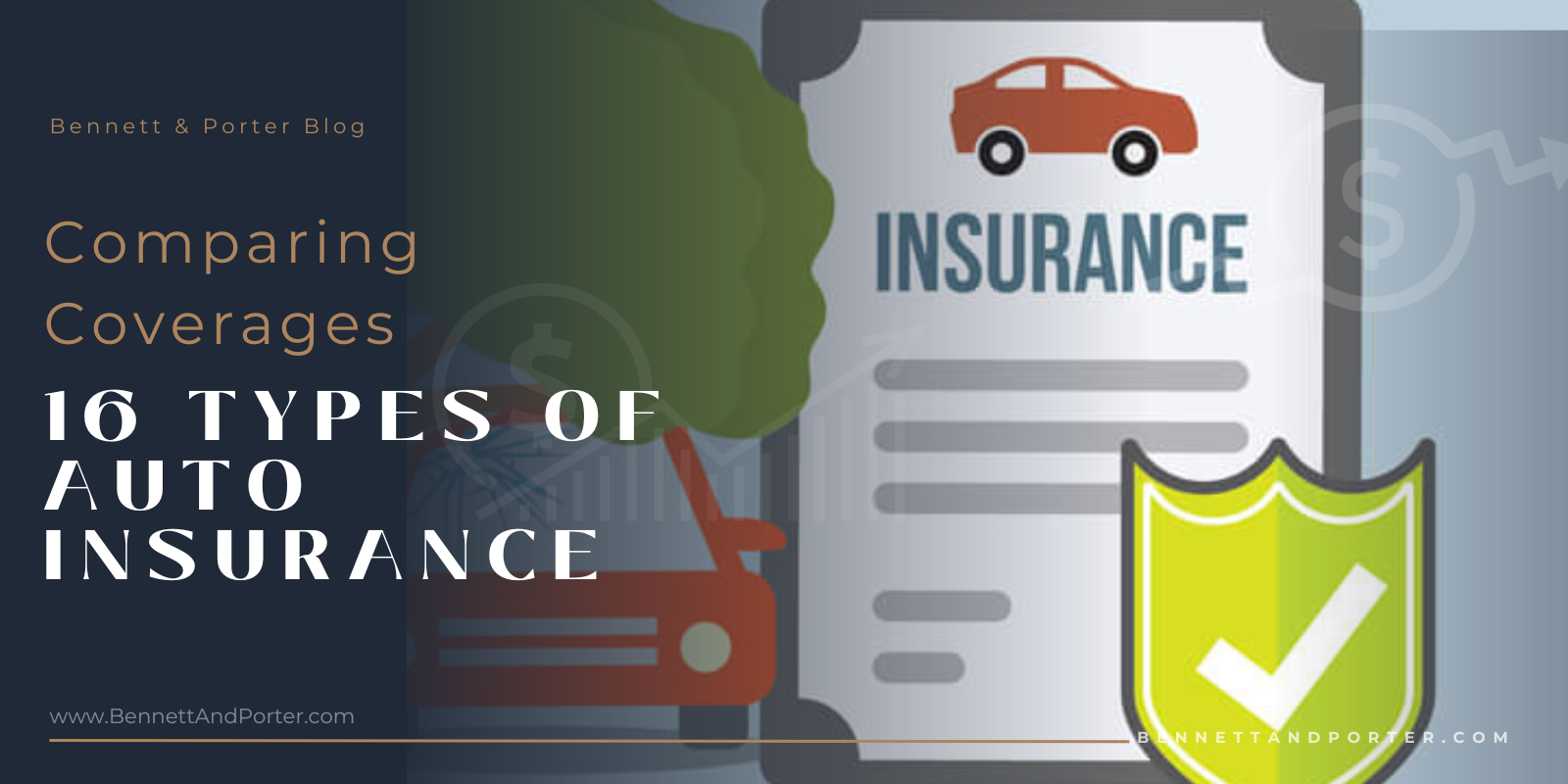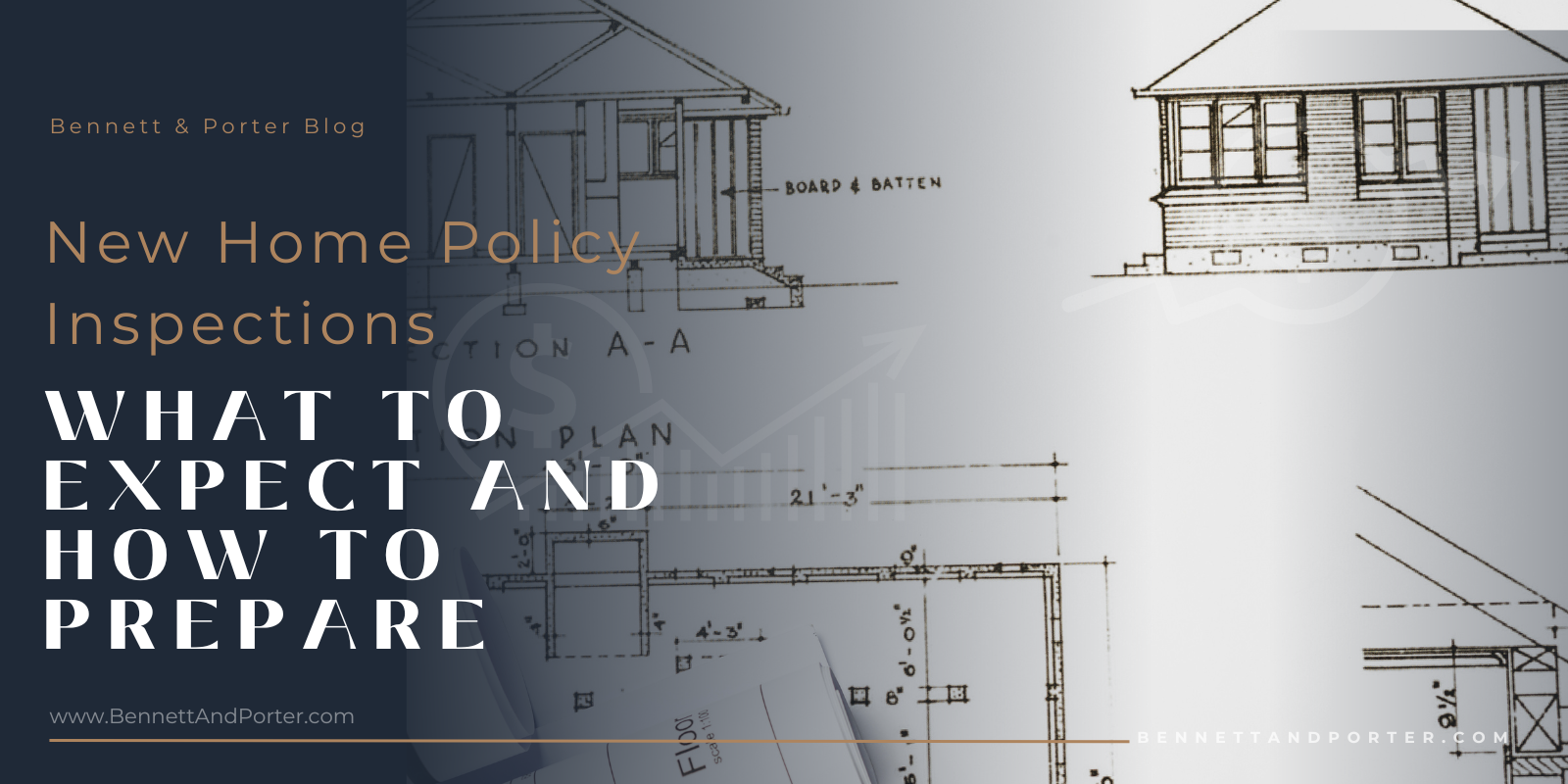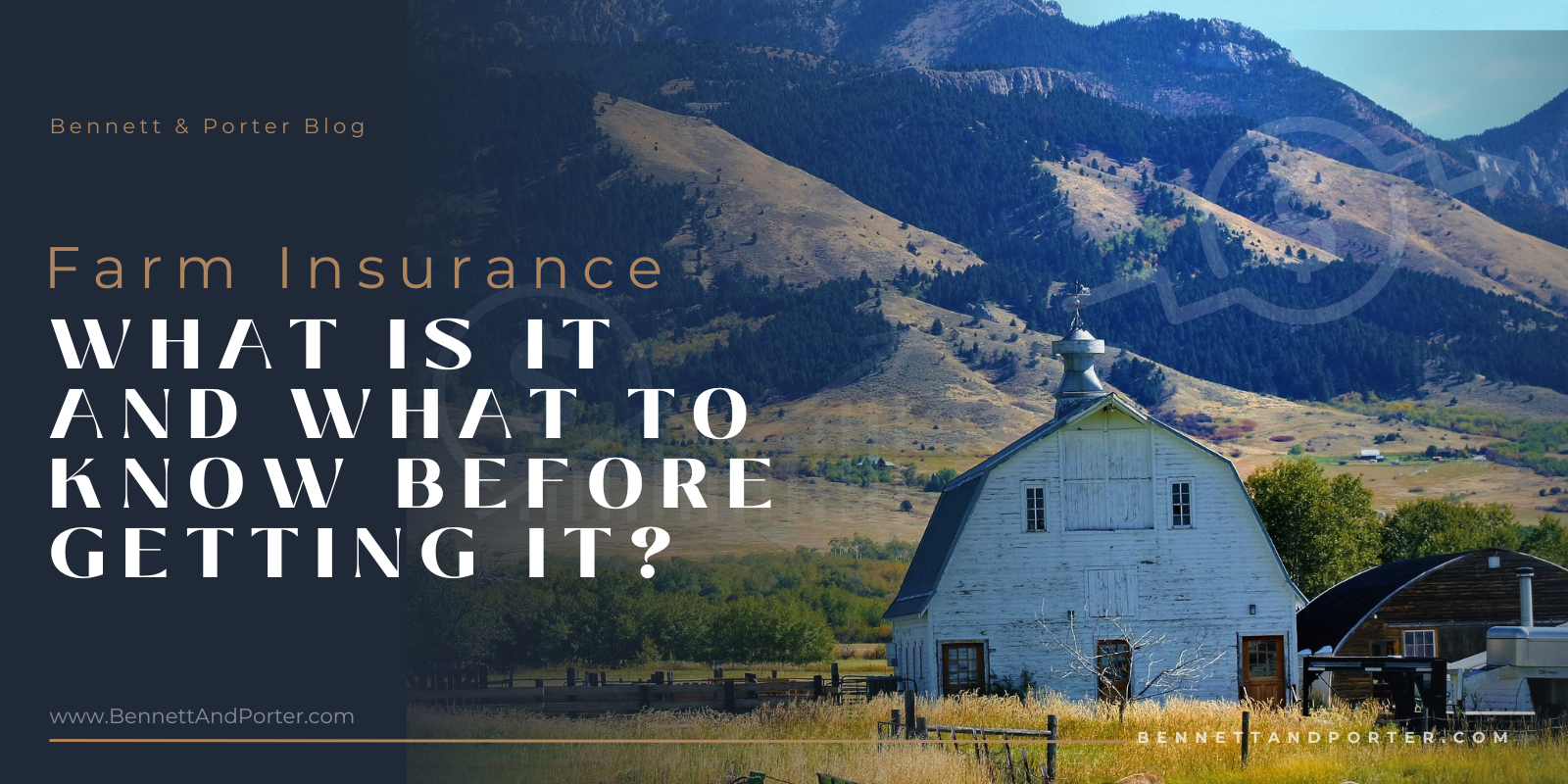What is home insurance, do you need it, should you consider getting it, and what will it cover?
Homeowners insurance can help protect your investments and you in a wide variety of ways.
There are many reasons you should consider getting this type of insurance, but are there any downsides?
We’ll break down all this and more when we answer what is home insurance.
What Is Home Insurance?
First things first, what is home insurance and how does it work? Also known as homeowners insurance, it is a form of property insurance that covers losses and damages to a person’s residence. It also covers personal belongings, furnishings, and other assets in the home.
A home insurance policy can cover living expenses above your normal cost of living if you’re forced to stay elsewhere while your home is rebuilt or repaired due to a covered loss. What’s more, it can provide coverage for injuries or accidents that happen on your property.
The policy usually covers interior and exterior damage, loss or damage to personal assets, and injuries that arise while on the property. However, it’s important to note that every home insurance policy has a liability limit. It determines the amount of coverage the insured has if and when an unfortunate accident happens.
In the US, 93% of homeowners have some form of home insurance, but 60% of them are underinsured. The most common cause of loss is wind and hail, followed closely by water damage and freezing.
Is Homeowners Insurance Required?
Unlike auto insurance, home insurance isn’t mandated by law. That said, if you’re financing your home, the mortgage lenders will have a vested interest in it and they will often require you to get a policy.
But even if you’ve paid off your mortgage or didn’t have one in the first place, your home is arguably the most valuable asset you have and should be protected. Since it not only covers your home and your property but also if someone sues you for accidental injuries, you should consider it a must-have.
Breaking Down Homeowners Insurance
A home insurance policy will typically cover three types of accidents on the property:
- Damage to the interior and exterior
- Loss or damage of personal assets or belongings
- An injury that occurs while on the property
When someone makes a claim on any of these incidents, the homeowner has to pay the deductible.
For instance, say that you’ve had water damage in the interior of your home and the cost of bringing it back to livable conditions is $5,500. If the claim gets approved, the insurance company will issue a payment of excess cost, minus the deductible.
A homeowners insurance policy’s average deductible is between $500 to $2,000. However, if you want to make it higher or lower, you can probably arrange for it with your insurer.
It’s also important to note that the higher your deductible is, the less you will have to pay on your premium. Also, as we mentioned earlier, every policy has a liability limit. That limit will determine the amount of coverage you have if an unfortunate incident occurs.
The standard liability limits are typically set at around $100,000, but again, you as the policyholder can opt to have it higher. If a claim is made, the liability limit will stipulate the percentage of the coverage amount that can go toward replacing or repairing the damages to your home.
What’s more, it can also determine the coverage amount to replace personal belongings and pay for the costs of living elsewhere while the property is repaired.
What Does Homeowners Insurance Cover?
Now that we’ve answered what is home insurance, it’s time to take a closer look at all the things it covers. Even though they’re incredibly customizable, all policies have certain standard elements to show you what the insurer will cover. So let’s take a closer look.
Damage to the Interior or Exterior of Your House
Destruction or damage due to fires, hurricanes, lightning, vandalism, and other cover disasters will be compensated so that your house can be repaired or even rebuilt. However, damage caused by floods, earthquakes, or poor home maintenance isn’t usually part of the standard homeowners insurance policy. Instead, you would have to get separate riders if you wanted this type of protection.
Also, some structures outside of your home like sheds or garages might not be covered in the same policy as your home. So if you wanted those included, you would have to specify it to your home insurance provider.
Other things that are included in your homeowner’s policy are clothing, furniture, appliances, and most of the other contents of your home. Not only that, but you can get off-premises coverage, which means filing claims for jewelry, for example, no matter where it’s lost.
Personal Liability for Damage or Injuries
Liability coverage is what will protect you in case someone sues you and this clause even includes your pets. For instance, if someone got injured on your property or got bitten by your dog, the insurer would have to pay for medical expenses.
With off-premises liability coverage, you will also be protected in case you were to destroy or break someone else’s valuables. It can also cover you if you’ve been sued for pain and suffering or lost wages. Keep in mind that off-premises liability often doesn’t apply to those with renter’s insurance.
Even though policies can be a minimum of $100,000, some experts recommend having at least $300,000 worth of coverage. For extra protection, a few hundred dollars in premiums can even get you $1 million more or a more thorough and expansive policy.
Hotel or House Rental While Your Home Is Being Rebuilt or Repaired
If you had a fire in your home, you would need to relocate somewhere temporarily while your home was being rebuilt or repaired to livable conditions. With a homeowners policy, the costs associated with hotel or house rental will be covered.
Known as the additional living expenses coverage, it would reimburse you for the rent, hotel rooms, restaurant meals, and other incidental costs that you incur while waiting for your home to be finished.
Again, keep in mind that policies impose strict daily and total limits so be careful with spending while you’re out of your residence. If you go over the limits, you will have to pay the rest of the cost out of pocket.

What Home Insurance Doesn’t Cover
Now that you know what is home insurance and how it works, let’s talk about what it doesn’t cover. Even though it covers a wide array of perils and events, there are several common exclusions, not covered by a standard policy.
As we mentioned earlier, a standard homeowners policy won’t cover damage caused by floods or earthquakes. Also, while some policies include limited coverage for sinkhole damage, extensive or gradual damage is usually left out.
There are some maintenance and repair costs that your insurer won’t cover, like damage from the drain or sewage backups. You can’t be covered for repairs or replacements that occurred due to standard wear and tear. Furthermore, your home isn’t protected from damage that pests, termites, rodents, mold, and mildew cause.
Finally, damage caused by acts of war, civil unrest, or terrorism usually will not be covered by your standard policy. If you intentionally cause damage to your home or property, you likely can’t expect reimbursement for it.
All that said, if you want to be covered for any or all of the things listed, it’s always best to talk to your insurance provider at Bennett + Porter. We can guide you through the process of getting separate or private coverage.
Types of Home Home Insurance
When it comes to any type of insurance, it’s important to know that not all policies were created equal. Also, in this instance, you get what you paid for, so if you choose a cheap homeowners insurance policy, you will get the least amount of coverage.
In the US, you can come across different types of homeowners insurance, all of which have become standardized in the industry. These insurance types are designated HO-1 through HO-8 and offer varying levels of protection.
Here are the three most important levels of coverage to know.
Actual Cash Value (ACV)
When breaking down what is home insurance, one of the most important terms to know is Actual Cash Value (ACV). ACV will cover the cost of your house, as well as the value of your belongings after deducting depreciation. Depreciation refers to how much the items were worth at that moment, not what you originally paid for them.
Replacement Cost
The replacement cost will cover the ACV of your home and possessions without the deduction depreciation. That means that you’d be able to repair or rebuild your home up to its original value.
Guaranteed (or Extended) Replacement Cost or Value
Out of all types of homeowners policies, the Guaranteed or Extended Replacement Cost or Value is the most comprehensive one. The inflation-buffer policy will pay for whatever it costs to repair or rebuild your home, even if that amount exceeds your policy limit.
Many insurance advisors will tell you that having a guaranteed replacement value policy is crucial. If something were to happen to your home, you wouldn’t just need the insurance to cover its value, but enough to rebuild it at current prices.
This policy will absorb the increased replacement costs while giving you a cushion in case construction prices have increased.
Final Thoughts on What Is Home Insurance
We hope to have helped answer what is home insurance, the policy you need, and the benefits to reap. If you have any questions about getting started on your homeowner’s insurance and how the process works – reach out to us!
Our insurance professionals have worked with thousands of individuals, providing unmatched expertise and service. With access to dozens of industry-leading carriers, we can find the best rates for our clients.


